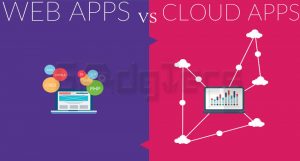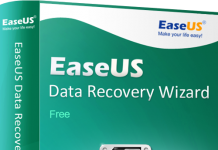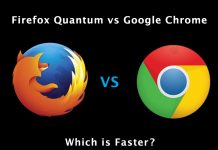The many fundamental similarities between cloud apps and web apps make it difficult for one to believe that there some differences between the two types of applications. The cloud technology has become popular in the business world as a result of its exciting features, but web technology is still applicable.
However, it is important to point out that the sophisticated tools and terms associated with cloud technology make most users reluctant to embrace the technology. In real-life operations, cloud technology functions with support from web technologies but the two technologies are not similar. The two technologies may appear identical, but there are very differences when you study their functionality and components.
The audience still finds it difficult to understand how cloud apps and web apps differ due to the ever-changing technological world. The evolution of web technology normally results into the emergence of cloud applications. In other words, it is difficult to come up with cloud apps without the web technology. Also, both applications cannot access online services without the internet.
 Examples of web applications include online services like E-bay, Web X, online banking, and online shopping. On the other hand, examples of cloud applications include CloudNumbers, DropBox, and Microsoft OfficeLive. Industrial design solutions by Inertia Engineering are developed using both web and cloud technologies. The following are some of the notable differences between cloud applications and web applications.
Examples of web applications include online services like E-bay, Web X, online banking, and online shopping. On the other hand, examples of cloud applications include CloudNumbers, DropBox, and Microsoft OfficeLive. Industrial design solutions by Inertia Engineering are developed using both web and cloud technologies. The following are some of the notable differences between cloud applications and web applications.
Operation Platform
Web applications are specifically designed to work from a web browser. The apps cannot function without a web browser. On the other hand, cloud application can work in the absence of a web browser. This means that cloud apps can work with or without a web browser.
Location
It is possible to access web apps from any place as they are located everywhere. You only need an internet connection to access the app from any location. On the other hand, cloud apps operate in a data center that contains most of the compute cycles.
Scalability
Web applications are known for their limited scalability as compared to cloud applications that are inherently scalable.
Availability
Apart from their limited scalability, web applications are also known for their limited availability. On the other hand, cloud applications have a very high uptime, and this indicates that their availability is not limited.
You May Like: What is Cloud and Distributed Computing
Data Storage
Web applications have a single data center where both business processes and user data are normally stored. On the other hand, cloud applications have multiple data centers for storing business processes and user data. It is important to point out that most of the data centers are a product of replication.
Operational Servers
Web applications cannot run on any other server apart from the provider’s web servers. On the other hand, Cloud apps run on different types of servers and platforms including the provider’s web servers and the user’s computing system.
Standardization
Web applications have no standardization, and that is why customers are free to use the apps according to their immediate needs. This does not apply to cloud apps due to the standardization of how the customers use the provided apps.
Tenancy
Web apps have an isolated tenancy solution while cloud apps have a multi-tenancy solution.














































[…] This content was originally published here. […]